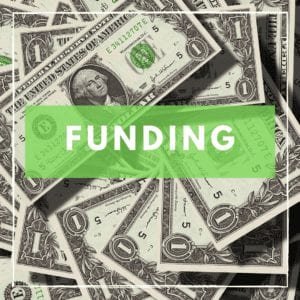Most of us have gotten used to filling out a questionnaire before a doctor’s visit. Often, the information we provide is redundant (because our medical record already lists our diagnoses, medicines, etc.), but the ritual of filling out these forms is still valuable because conditions change. However, these questionnaires can also be intelligent and customized to each patient. This article discusses the service provided by Health Note, which illustrates the capabilities of modern patient interaction using AI and integration with the EHR.
Even a standard questionnaire can advance us five minutes into a normal fifteen-minute interview. But Health Note can do much better. According to chief technical officer Aaron Rau, their service goes far beyond asking the conventional questions.
Health Note digs into the EHR, using AI, and combines the information found with its own medical knowledge to ask the questions a doctor would normally ask during a visit. “When did the pain start? Has it gotten better or worse, and what did you do that affected it?”
In addition to clinical information, Health Note can assemble information about social determinants of health from the EHR and the patient, using EHR data to create specific questions relevant to each patient. Besides taking data from structured fields, Health Note is testing the use of NLP on doctors prior’ notes to improve the accuracy and relevancy of questionnaires. A web-based app allows the patient to answer the questionnaire.
Dr. Hyung Kim, urology department chair at Cedars Sinai, says, “By enabling physicians to know about health problems ahead of a visit, Health Note promotes trust and can impress the patient. It also saves three to four minutes per encounter.”
The provider can tweak the questions asked. Schools, for instance, have specific concerns that are different from clinics. Particular regions or neighborhoods may call for specific questions about such issues as HIV status or illicit drug use.
Integration with the EHR, according to Rau, was difficult. They use “every means that they can” to extract and store data: FHIR where available, proprietary APIs, and other methods provided by each EHR. They have integrated with the four most popular EHRs.
An advanced note generator, similar to a large language model (LLM) but more consistent, is used to present the information to the doctor during the visit in an easily readable manner. Appropriate fields of the EHR are also filled in by Health Note. The information collected is useful not only for the visit itself, but for prior authorization and submitting claims.
Thus, Health Note uses techniques being explored throughout the healthcare field to take questionnaires to a higher level. It’s a nice case study of advances in analytics, AI, and EHR integration in modern healthcare.
Get Fresh Healthcare & IT Stories Delivered Daily
Join thousands of your healthcare & HealthIT peers who subscribe to our daily newsletter.




